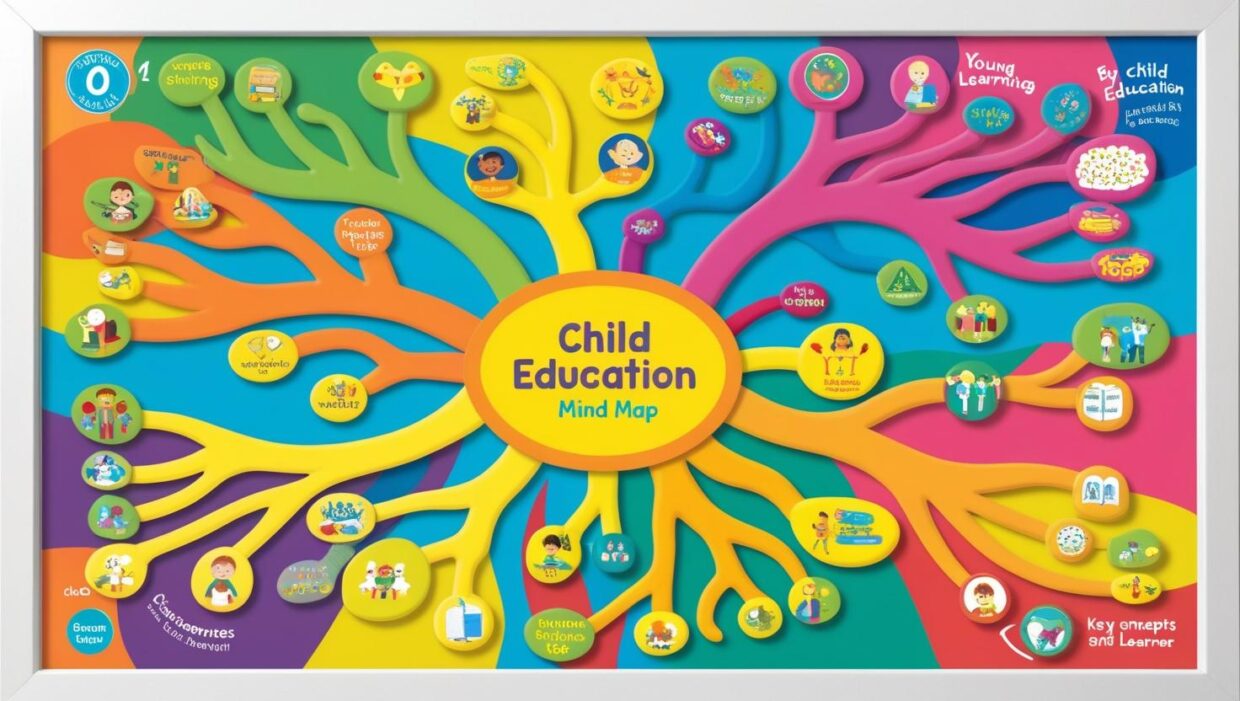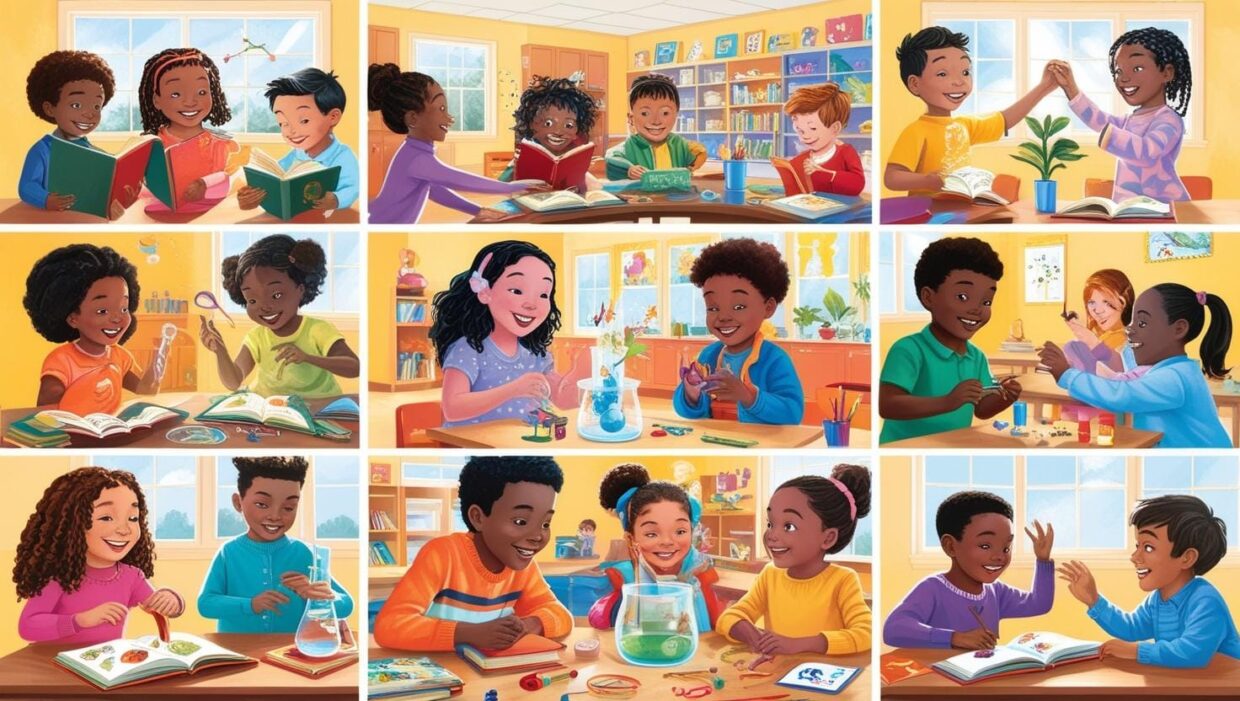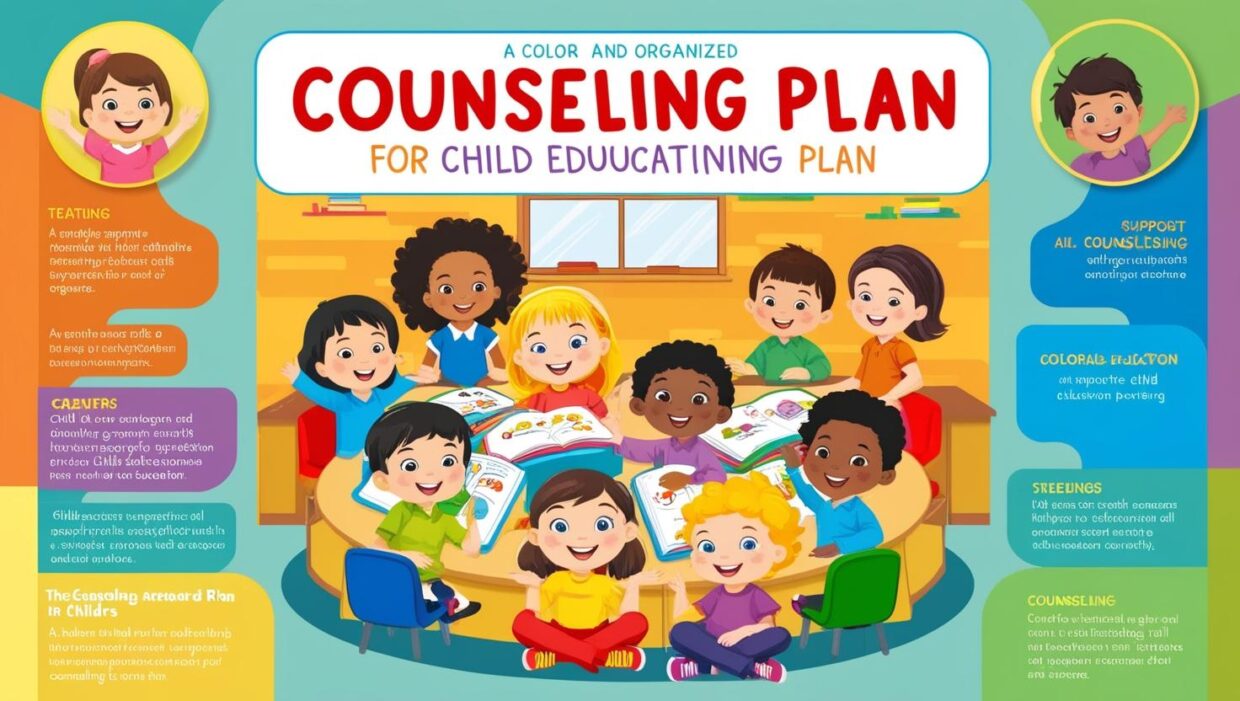Hypothetical Scenarios to Explore the Traits of the Best Parents
Parenting is a delicate balance of love, guidance, discipline, and support. To deepen your understanding of what makes the best parents, let’s dive into a series of thought-provoking scenarios. Each situation will test your decision-making skills and provide insights into effective parenting strategies. Scenario 1: Handling a Tantrum in Public Situation: Your 4-year-old, Aryan, has a meltdown in the middle of a supermarket because you refused to buy him candy. Bystanders are staring, and you’re feeling pressured. Challenge: How do you calm Aryan while maintaining your composure? What strategies can you use to prevent such situations in the future? Suggested Approach: Stay calm and speak softly to Aryan, acknowledging his feelings. For example, “I know you’re upset because you want the candy.” Distract him by engaging him in picking out healthy snacks. In the future, set clear expectations before entering […]



